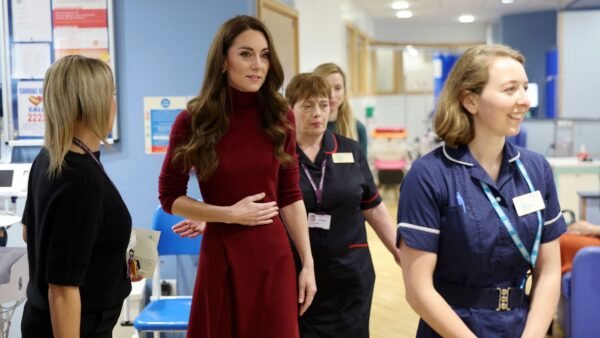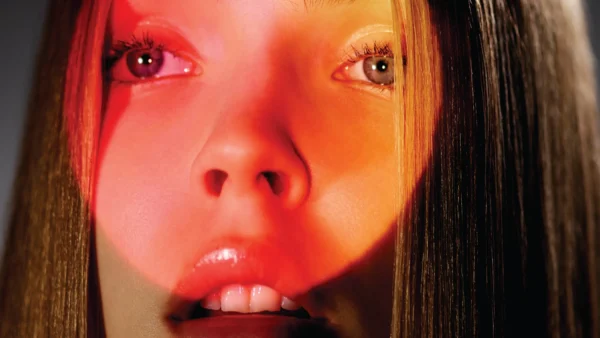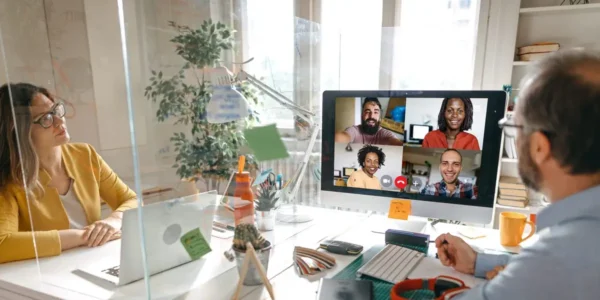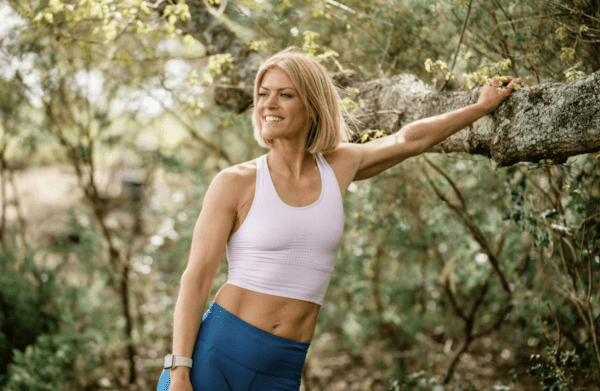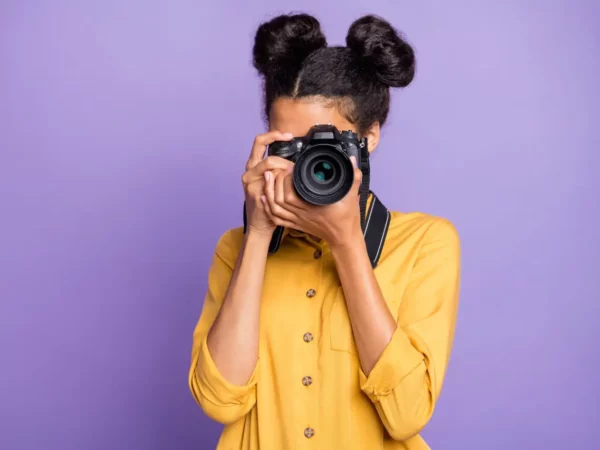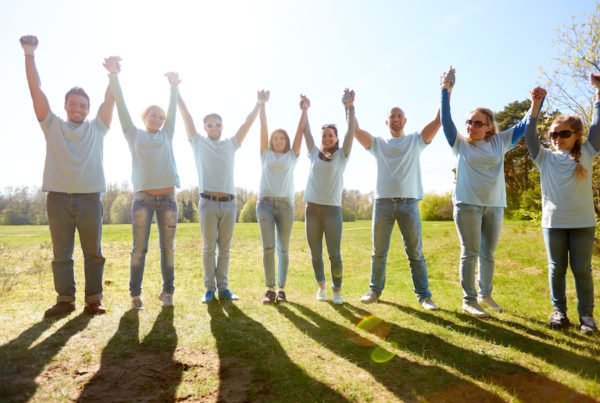
Doing Good for the World: Give More and Give Better in 2020

Many people are yearning to measure the full distance of their potential on behalf of causes they care deeply about. You may feel strongly about doing what you can to help medical organisations overseas curing kids with malaria or perhaps you donate a large portion of your yearly budget to a breast cancer foundation. Either way, kudos to you! Your donation is making a true difference; you are doing good for the world and it makes you feel like you are making more of an impact too, which you are.
When you donate to a worthy cause or carry out charity work, the midbrain region of your brain lit up. This is the area of the brain that is responsible for our cravings and pleasure rewards. Not surprisingly then, your brain acts in a similar way to when you eat a chocolate bar or having sex. And so, if you want to be happier in the new year, you should consider giving more and to give better.
In doing good for the world, there are countless charities that deserve support in their work to aid a multitude of issues affecting the world as we know or our closer community; medical charities, hunger charities or a community fundraiser for example, however it would be impossible to donate to all of them. But that doesn’t mean there isn’t something you could do to help raise awareness to others and still do your bit to help, in less conventional ways.
In November for example, it is common to see poppies on almost every person you pass by on the street and not only does that poppy make you stop and think of what they represent, but they can also remind you to pick one up for yourself and show your support for Remembrance Day. Nearly 45 million poppies are bought and worn for the 11th of November to not only raise money for the cause but to ensure that the public never forget its significance.
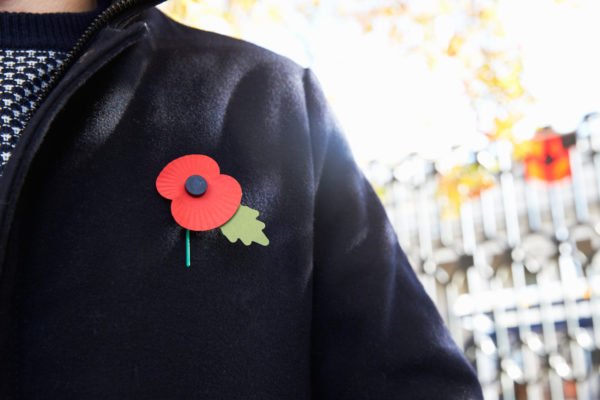
Badges are a powerful form of advertising, as not only are you participating in donating a small amount of money that won’t put any strain on your economy, but you are then also becoming part of the marketing strategy as you encourage others to do the same; this is utilised by Breast Cancer Research’s pink ribbons, Mind Mental Health Charity blue and white pins, Marie Curie yellow daffodils and so many more. So you can give easily give to charity without making any kind of lifelong economical sacrifice. Businesses such as One Stop Badges allows you to personalise your own badges to build awareness of your own message.
If you want a world that is working for everyone, philantrophy needs to be in the center of it. Beautifully put, philantrophy is the market for love and in saying that, one simply cannot solely discuss money when it comes to giving. That’s right, you don’t just have to donate money! Simply donate what you don’t use.
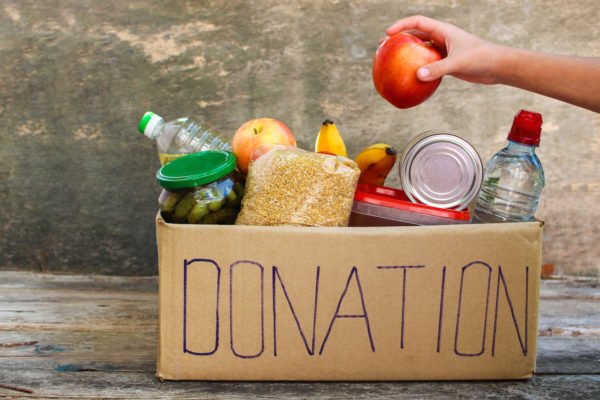
You will be surprised as to how much your leftover food or old clothes are worth to people in need; people who have nothing. And not only will you help others, but you can declutter your home/wardrobe in the process, it’s a win-win. So if you’re having a spring cleaning, or making room for new stuff in the new year, box up your unwanted clothes, shoes, books, electricals etc. And take them down to the charity shop so that they can be put to better use.
What’s more, it is possible to donate blood every three months (women) or four months (men) and it takes less than 15 minutes to give someone in need a fighting chance. Donating blood allows you to help those in need of blood transfusions and it is a painless, quick and doesn’t cost you a thing to give someone this precious gift, and possibly save lives. Without blood donations the fatality rate for malaria, accidents or birthing complications would sky rocket.
Blood can be donated multiple times a year, or even one-off donations do the world true some good, but a scheme that needs wider acknowledgement is organ donation. It seems daunting but registering to be an organ donor and carrying a donor card, therefore when you die your organ will save lives. There are more men, women and children than you can imagine in desperate need for organ transplants and so you are able to save them from their suffering and help them live their lives with better quality and for longer, when you no longer have use for them.








